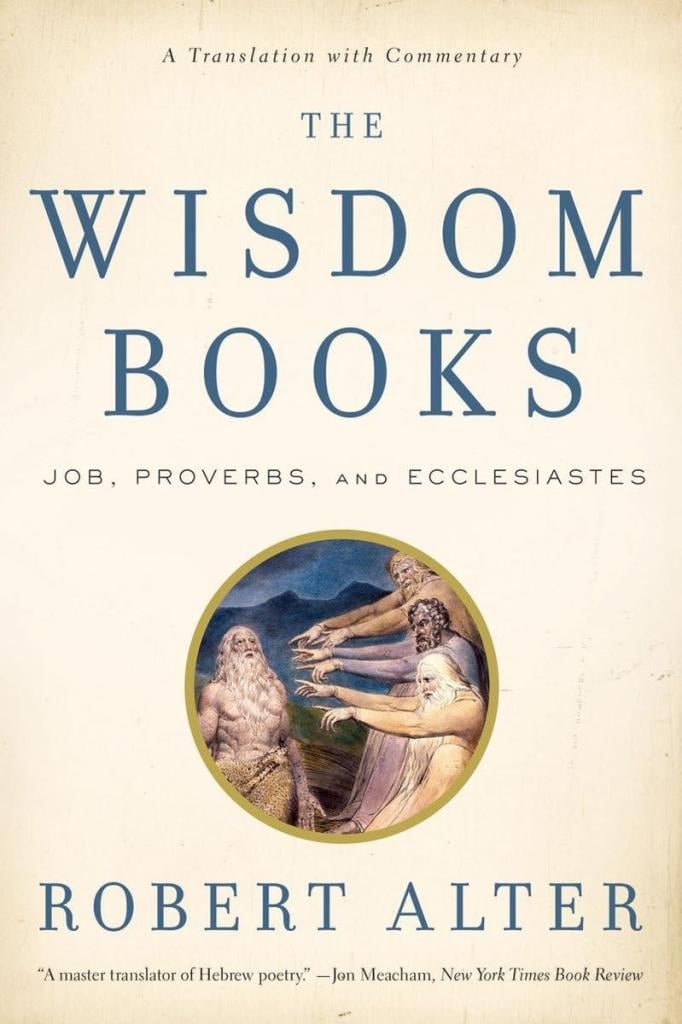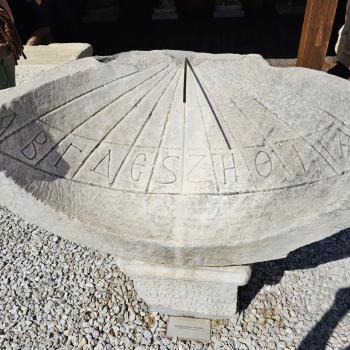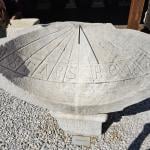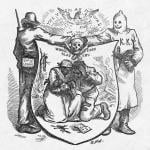The second half of the book of Proverbs makes quite clear the international character of wisdom literature, and how it was exchanged between countries, or at least between their rulers., for in chapter 30 we have the wisdom of Agur, and in chapter 31 an otherwise unknown king of Massa shows up. What we do know about Solomon’s court is that he did have international relationships (remember the story about the queen of Sheba). That story in 1 Kings 10 has led to all sorts of conjectures including, Solomon had a child with her, and somehow allowed her son to cart off the ark of the covenant to Ethiopia– the latter part being a truly non-starter of a legend.
Prov. 16 begins with an interesting aphorism—“Humans order their own thoughts, but from the Lord is the tongue’s articulation.” What is being said here is that God guides or provides fitting speech for important occasions. This is followed by one of the more familiar proverbs of all “Turn over your deeds to the Lord, that your plans may have a firm foundation’. This is not far from ‘man proposes, but God disposes’. Or vs. 9 on a similar theme–‘A person’s heart may plan his way, but the Lord will make his step secure/firm’.
Vs. 18 is equally famous for the phrase ‘pride goes before a fall (Alter has a breakdown), and before stumbling, haughtiness’.
Vs. 24 instructs ‘Pleasant sayings are a honeycomb, sweet to the palate and healing to the bones’.
Vs. 31– ‘In the lap the lot is cast/ but from the Lord is all the disposing.’ In short fortunate telling is no substitute for the leading of God.
It is characteristics of proverbs to contrast opposites– the opposite of the wise man is the fool, the opposite of the righteous man is the wicked, the opposite of the industrious person is the sluggard or sloth. It is quite clear what qualities are being praised and which condemned. But it is when a proverb links good behavior with good outcomes from God, one is assuming a moral order to that world. And yet the same groups of proverbs also complain about the plight of the poor, the hungry, the ill, and disabled, so the author knows that it is not always the case that ‘the good guys have good outcomes’ and vice versa for the wicked. However early wisdom literature as in Proverbs or Ecclesiastes does not yet have a robust view of the afterlife in any strictly positive sense like going to heaven, which makes clear that at least some of this literature goes back to the pre-exilic monarchy it would seem. ‘
Another regular theme is God is the judge, and he weighs human hearts— for instance 17.3–“Silver has a crucible, gold a kiln, and the Lord tries/tests human hearts’.
Another familiar one is 17.17–‘At all times a companion is loving, and a brother was born for [the time of] trouble.’
17.22- ‘A joyful heart can effect a cure, but a maimed spirit dries up the bones.’
18.22– ‘He who finds a wife, finds a good thing/and wins favor from the Lord.’ This saying should have been the Intro to wife discourse in Prov. 31 and it foreshadows the praise there.
The translation of 18.24 is much debated. Is it parallel construction or antithetical construction? ‘There is a companion one keeps company with/ but there is a friend closer than a brother.’ The contrast makes better sense. And it was indeed often the case that friends, like David and Jonathan, were often closer than two family members, especially if the brothers were from different mothers– like Isaac and Ishmael.














